- Tags:
- Japanese / Japanese language / Japanese lesson / practical / shopping / Tourists / useful phrases / visiting Japan
Related Article
-
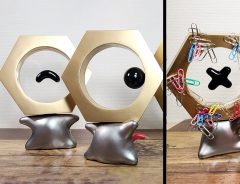
Japanese artist’s “life-sized” Meltan paper clip stands make marvelous desk mates
-
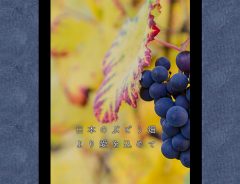
Design Cover Art With Japanese Fonts Like A Pro With These Tips
-

Japanese hubby’s hilarious language mistake in note to wife goes viral
-
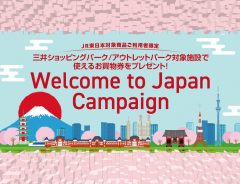
Suica Offering Travellers to Eastern Japan Best Travelling & Shopping Experience Yet
-
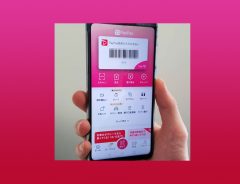
PayPay Announces 40% Bonus Points Campaign
-
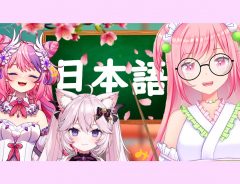
Japanese class with Ironmouse & Nyatasha Nyanners, the cute VTuber stars from VShojo! [Report]
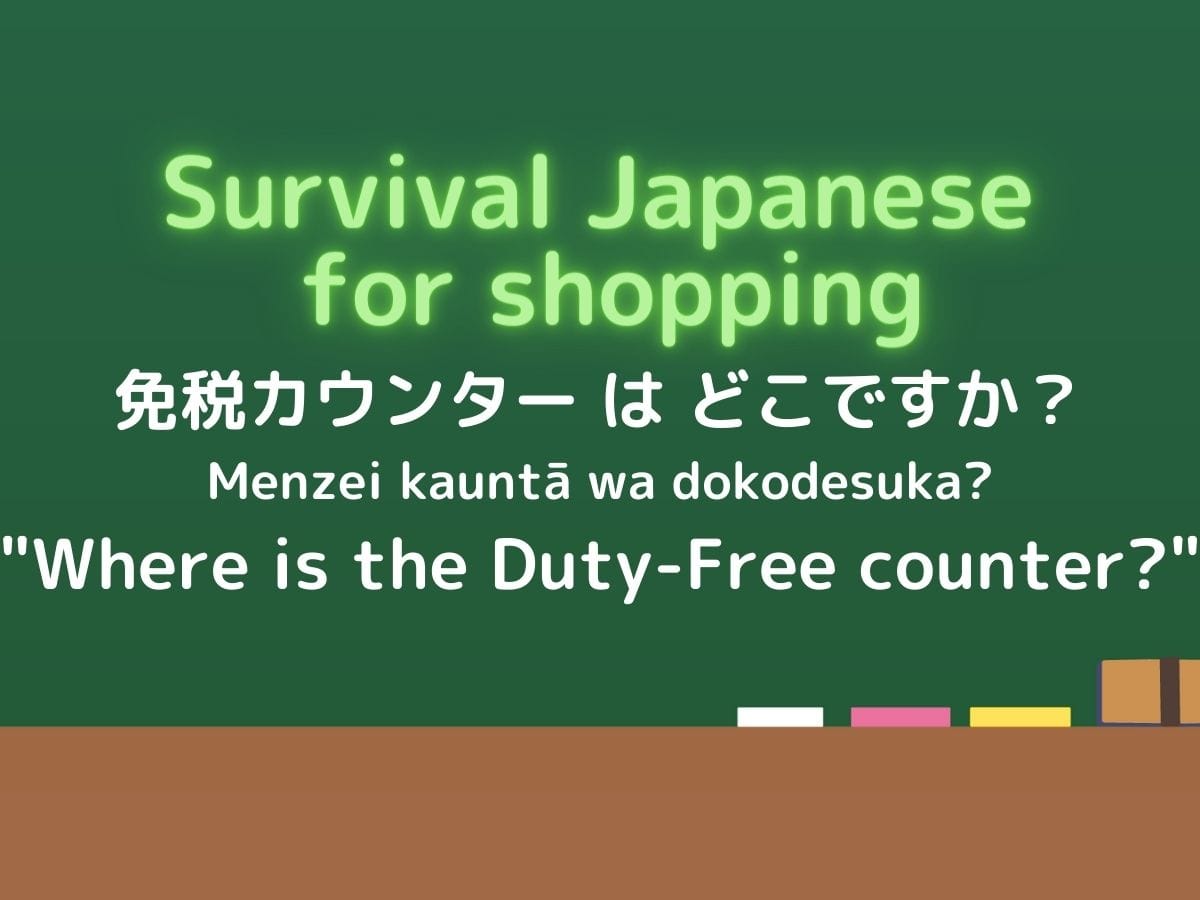


Japanese teacher's real phrases to use in Japan
Now that tourists can freely visit Japan again, we've begun a new series focused on practical Japanese phrases you can use in Japan. Mochijapa (Ayano Irizuki), a licensed teacher of Japanese and writer for grape Japan, will be your guide.
Traveling can be full of fun experiences, but one of the most important one of them is—of course—shopping!
This time, I'd like to introduce seven phrases that might help improve your experience when you shop in Japan.
Audio is also included to help with your Japanese learning.
Finding what you want
Let’s start with this very easy phrase:
When you can’t find the items you're looking for, use this phrase. This is really simple and helpful. All you have to do is memorize this phrase and put the right noun where the three dots are. You can use this when you're asking for directions too!
If you're trying to get someone’s attention, it’s better and more polite if you start off with sumimasen | すみません, which means “excuse me.”
For example, you can substitute menzei kauntā | 免税カウンター when you're looking for the duty-free counter. This will be especially useful when you're shopping at Don Quixote, a famous budget department store very popular among many tourists. Their stores are often multi-story and really big, which makes it very hard to find the menzei kauntā.
Here's how to say some other things that tourists often ask for:
Asking about price
The next phrase is also very simple, but very important. Sometimes, the price may not be displayed for the item you're trying to purchase. Use this expression in such a case:
Some of you might have learned nan'en desuka | 何円ですか, and that's ok too. However, ikura desu ka is a much more common way of saying it.
Shopping for clothes
When you go shopping for clothes, the next phrase is definitely necessary:
Usually, you can try clothes on, but some stores may tell customers to avoid trying on tops. In that case, shop staff will say something like “mōshiwake gozaimasen ga, kaburimono no goshichaku wa goenryo itadaite imasu.” (申し訳ございませんが被り物のご試着はご遠慮いただいています | We're sorry, but we don't allow customers to try on tops.) kaburimono is another way to say tops.
That may be too long for you to catch the whole sentence but if you ask “Can I try this on,” and the shop staff starts off with mōshiwake gozaimasen ga or sumimasen ga, you know you're out of luck.
Here's another phrase to use when you're shopping for clothes:
When you find a nicely designed outfit but the size doesn’t fit, you can substitute your desired size where the three dots are.
If you just want to say smaller or bigger, you can say chīsai | 小さい or ōkī | 大きい there as well.
Even more useful phrases
The last three phrases will be helpful when shopping for clothes and other things such as home appliances.
Chigau | 違う means different and iro | 色 means color. If you like the item but want it in a different color, please use this. You might find the item in a color you like better!
Instead of chigau iro, you can also mention the exact color you’re looking for.
Are you thinking those are a lot of words to remember? Don't worry. If you forget how to say the colors with Japanese names, just saying the English color name with a katakana pronunciation is often enough to get the point across. For example, burū wa arimasuka? | ブルーはありますか? That’s because when it comes to fashion, Japanese people use katakana words a lot too.
When you like the item, but you want to check other options, I recommend asking the shop staff this question:
Niteru mono | 似てるもの means "something similar."
If you want to find something similar within your budget, this is the key phrase to use:
Chotto means a little and yasui | 安い means "cheap."
Please try these phrases when you go shopping in Japan.
I hope you find what you’re looking for!
Teacher's note: Since the focus of this series is spoken Japanese, there may be some expressions that diverge from the written form. For example, in written Japanese, the present progressive tense of the verb is conjugated as ~teimasu | ています or ている ~teiru | ている but in casual spoken Japanese, temasu | てます or ~teru | てる is more common.
Series - Japanese teacher's real phrases to use in Japan